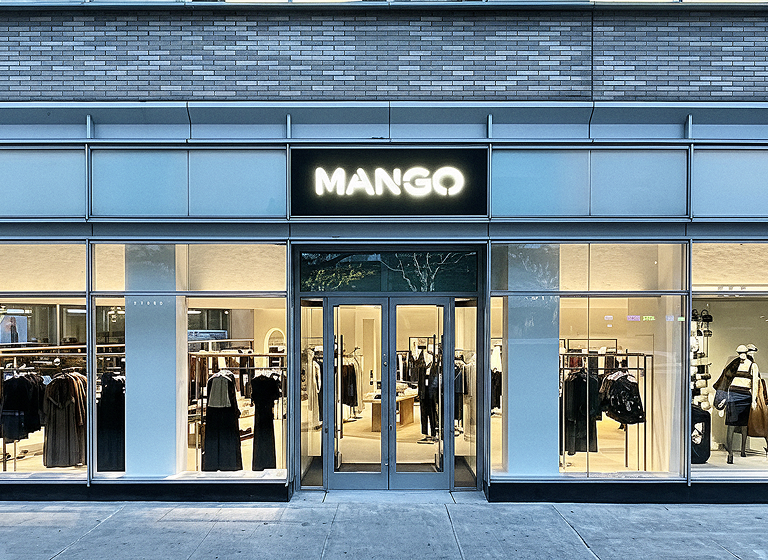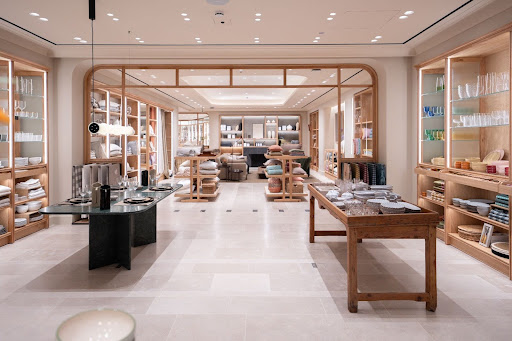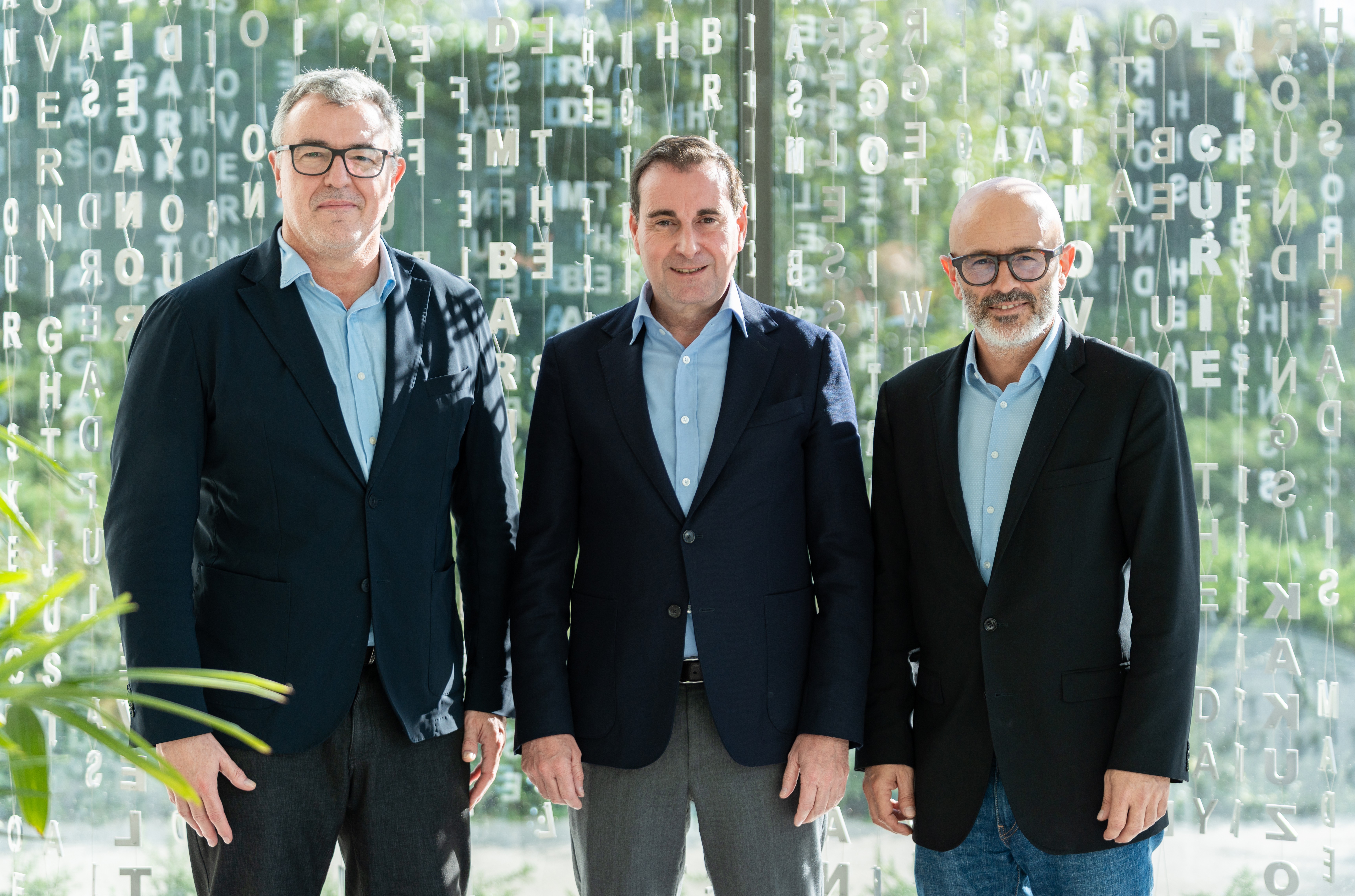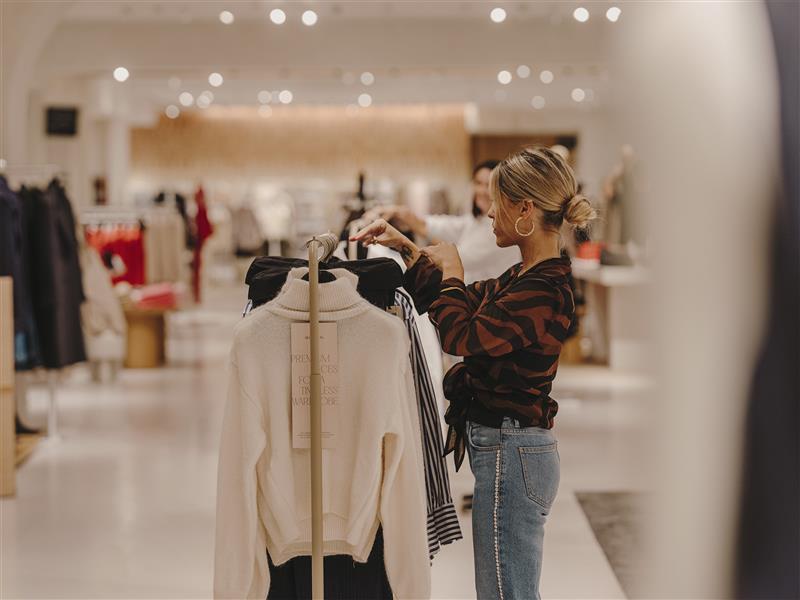Mango in figures
Mango in figures
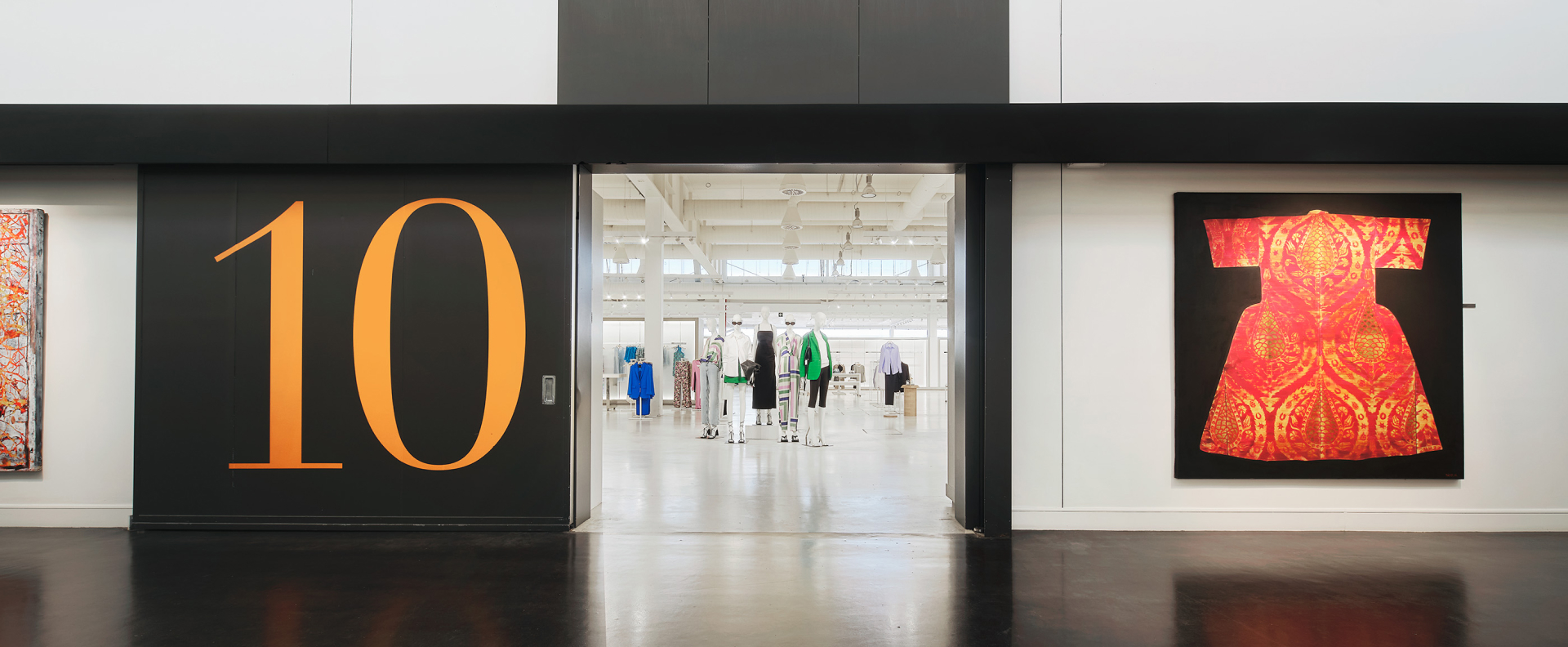
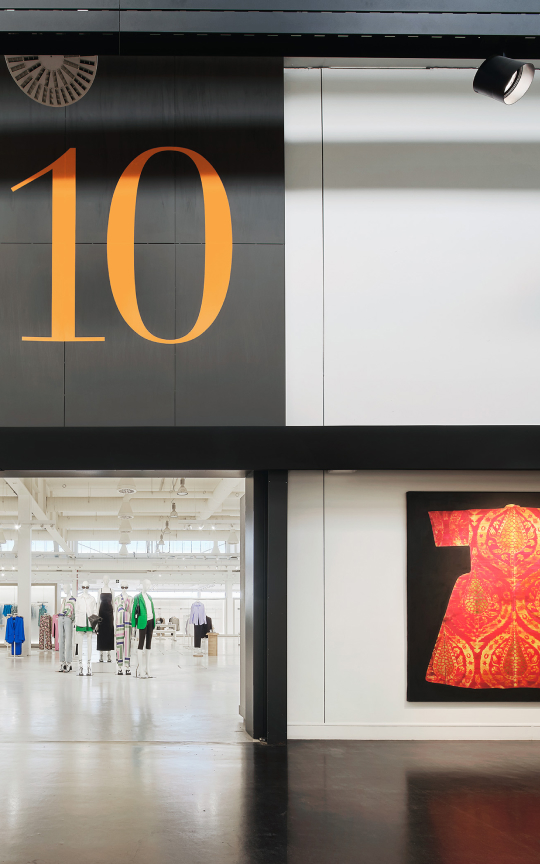

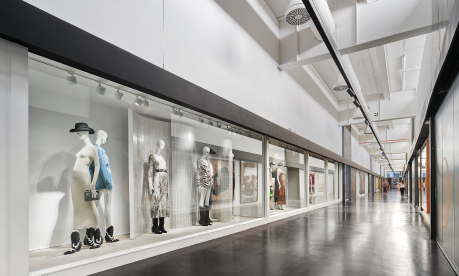
Financial results 2024
Mango accelerates its growth with significant increases in all its business figures during the 2024 fiscal year. Thanks to the continuous improvement of its differential value proposition, the company's revenues in 2024 amount to 3.339 billion euros, 7.6% more compared to 2023. At constant exchange rates, turnover grows by 11.6%, surpassing the market average.
With a strategy based on constant innovation, the search for sustainability and a strong ecosystem of channels and partners, Mango has become one of the Europe’s leading fashion groups and one of the most important companies in the sector in terms of the number of countries in which it operates.
- +0 B€ Turnover
- 0% Growth compared to 2023
- 0 M€ EBITDA
- 0 M€ Net profit
Consolidated Annual Accounts Annual Accounts 2024 Punto Fa S.L Annual Accounts 2024

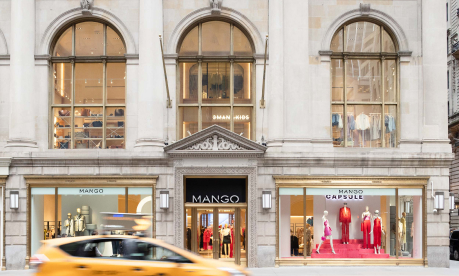
International vocation
Since its origins, Mango has had a clear vocation for exporting. Founded in 1984, Mango reached the total of one hundred stores in Spain in its first eight years of existence and, in 1992, the company expanded internationally with the opening of two stores in Portugal.
In 2024, the company has accelerated the development of its store network, consolidating its commitment to the physical channel with more than 260 openings to reach nearly 2,850 points of sale in over 120 markets worldwide.
- 0 Approx stores worldwide
- +0 Markets
- 0% Percentage of international sales
- +0 M2 Selling space


Our teams
Stability, dialogue, training and recognition are pillars on which the company works every day as transforming agents to face new challenges and achieve key objectives. At Mango we aim to continue to be a committed company, where people can grow and develop professionally.
For this reason, we have an attractive and differentiated value proposition for attracting and retaining talent based on the company's values, training and development, pay and benefits for our employees.
- +0 Employees worldwide
- 0% Women in the workforce
- 0 Average age of staff


Sustainability as a raison d'être
Mango created its sustainability department in 2002, being a pioneer in the fashion industry. Initially, the department's focus was on the social sphere, but over the years the environmental aspect gained weight. Currently, the team is made up of more than 20 people with different profiles and organized into three major areas: environment, circularity, and social compliance. In 2022, Mango presented its sustainability strategy, the Sustainable Vision 2030, aimed at reducing the company's environmental and social impact.
As a fashion benchmark and with product and design at the heart of our business, Mango's vision is based on achieving a more sustainable collection, prioritising materials with a lower environmental impact and incorporating circular design criteria in our products. In the social sphere, Mango also stood out for being the first large Spanish company to provide transparency in the value chain by making public our list of manufacturers and suppliers of fabric, fittings and partial yarns.
- 0% Of our fibres will be sustainably sourced or recycled by 2030
- 0% Target to reduce our greenhouse gas emissions by 80%. Direct scope 1 and 2 greenhouse gases by 2030 (vs2019)
- 0 Fabrics, fittings and partial yarn factories
- 0% Reduction target of our total water impact by 2030 (vs2019)


E-commerce
The ambition to reach the whole world and to be closer to our customers made Mango detect the great potential of the Internet from the very beginning. So much so that in 1996 we created our website and in 2000 our e-commerce, ten years before our competitors.
By the end of 2024, the online channel consolidates its growth with a turnover of nearly 1.1 billion euros, representing one third of the company's sales.
- +0 B€ From the online channel
- 0% Percentage of online out of total turnover
- +0 Markets with online business
